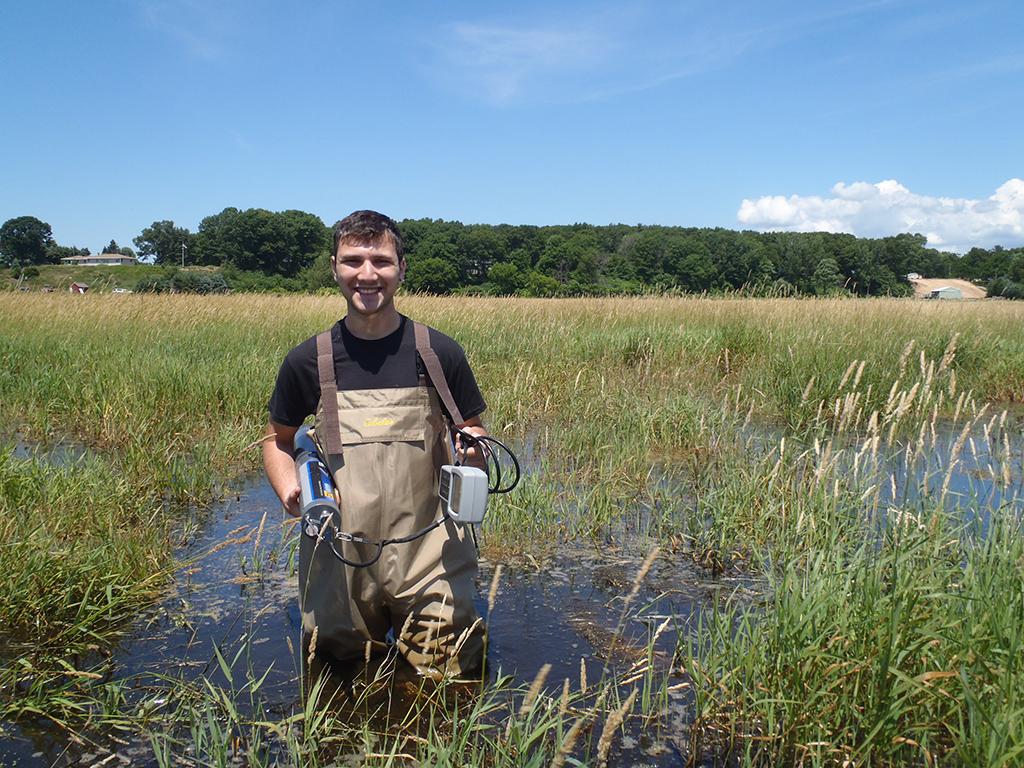The Masters of Arts in Environmental Policy (EP) embraces a vision of high-quality graduate education to support the professional and personal ambitions of our students. The EP program provides an opportunity for students to study the theoretical roots that structure policy and how to design and evaluate policy processes and outcomes. Some distinctive features of the program include:
- Intensive study of policy design and analysis.
- A flexible program that offers academic concentrations and graduate certificates in Environmental Policy and Planning, Environmental Justice and Environmental Health.
- Multiple tracks through the program for either thesis or coursework only options. Some program options can be completed in 12 months.
- Student internships are required for the non-thesis tracks. These professional experiences better prepare our graduates for careers in the discipline.
- Funding is available through the program’s Teaching Assistant position, Research Assistantships, Community Fellowships and Dean’s Select Scholarships. We also provide generous financial support for student research and professional travel.
Lehigh provides students with state-of-the-art facilities and experiences while maintaining a program size that allows close collaboration between faculty and students. The university is located an hour north of Philadelphia and 90 minutes west of New York City, giving students a reasonable cost of living with easy access to the amenities of a larger urban area.
Requirements
The Environmental Policy graduate program is structured to give students significant flexibility in their coursework, the opportunity to receive additional certification in various subject areas, and the ability to complement classroom learning with more in-depth research (by completing a thesis) or practical experience (through on- and off-campus internships).
To earn an MA in Environmental Policy, students must complete 30 credit hours (or 10 courses). All students take three (3) core courses and complete a master’s thesis or a semester-long internship. (Students can also choose to combine the EP program with a Community Fellowship. Those who do would count their fellowship toward this internship requirement.)

